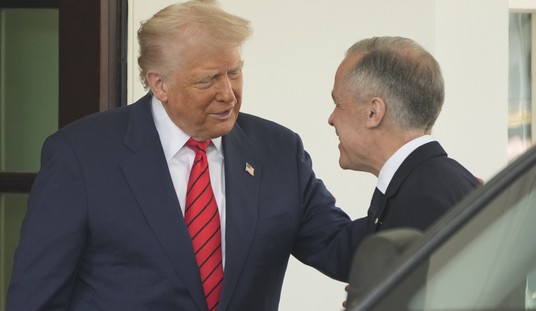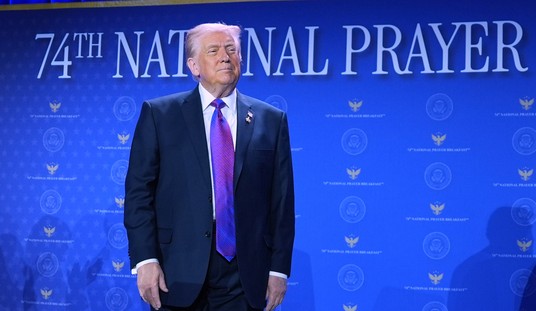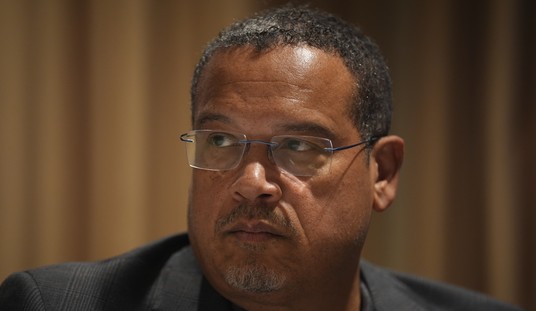China’s totalitarian hold on Hong Kong is getting even tighter after prosecutors charged almost 50 democracy advocates with subversion. The 47 ‘criminals’ include famed Demosisto co-founder Joshua Wong and fired University of Hong Kong Associate Law Professor Benny Tai. Ousted HK Legislative Council members Claudia Mo and Jeremy Tam are also among the group as is sitting Eastern District Councilor Andrew Chiu. The latter’s charging is a day after his political party, Power for Democracy, decided to cease organized activities and vowed to follow Basic Law and the National Security Law. Not enough to settle the Beijing puppets running Hong Kong.
The claims against the democracy advocates are simple: they attempted to win seats on the Legislative Council in last year’s scuttled primaries. South China Morning Post obtained charging documents accusing the group of violating the National Security Law “by organising, planning, committing or participating by force or threat of force or other unlawful means” and subverting the power of the state government. It’s harder for Beijing to ram its agenda down Hong Kong’s throat if the democrats hold a majority in the Legislative Council, after all.
Unsurprisingly, the charges happened the same day Hong Kong Legislative Council President Rita Fan suggested China could ‘improve’ the electoral system by requiring the election committee to pick political candidates. Fan, a former member of China’s Standing Committee of the National People’s Congress, said to Chinese reporters later, “Why have we seen the chaos in Hong Kong? That’s because non-patriots with ill-intent and those who want to use foreign powers to destroy Hong Kong’s prosperity and stability were elected. They then created trouble in Legco and district councils. That made Hong Kong an unfavourable place to live and work.” Unfavorable for who: everyday Hongkongers or the Chinese overlords?
The arrests garnered the usual international reaction. British Foreign Secretary Dominic Raab pointed out the obvious by accusing China of using the National Security Law to quash dissent. The United Kingdom might put more leverage on China if it turns out any of the charged have British passports. The European Union demanded the release of the democracy advocates and promised to monitor the situation. The UN hasn’t commented today but its human rights chief criticized China several days ago in Geneva.
United States officials have so far eschewed comment. That could change if China decides to charge American human rights lawyer John Clancey. He was arrested last month prompting then-Secretary of State nominee Antony Blinken to vow the Biden-Harris Administration would stand with democracy advocates in HK. It’s likely the US will do more should Clancey end up in court.
There’s not much the Biden Administration can do now outside of lobby for the release of the democracy advocates. Sanctions are a possibility but Cato Institute noted most foreign governments figure out ways around them, letting Americans and foreigners suffer the most. Russia, North Korea, and Cuba are no bastions of freedom and liberty despite heavy sanctions. As Doug Bandow noted the sanctions only reinforce the current regime in power, instead of hurting them.
The ultimate solution? Diplomacy and willingness to engage other countries. China’s communist leaders remain a threat to their people. Its economy is in shambles with ex-foreign minister Lou Jiwei warning local debt is a huge concern for the next few years. He appeared to encourage more fiscal responsibility and possibly a slight liberalization of trade ties. “No matter the changes in the domestic economic and social situation, or the global economic downturn, soaring government debt and global trade frictions will all create huge uncertainties and severe challenges for China’s fiscal sustainability.”
Jiwei’s warnings will likely fall on deaf ears, however, they’re worth considering given the pandemic and whatever global economy emerges once coronavirus is finally under control. A better relationship also makes it easier to pressure China into releasing the democracy advocates for wanting nothing more than a say in Hong Kong’s affairs. All we can do until then is hope more Hongkongers become interested in freedom and liberty, instead of tyranny and force change.








Join the conversation as a VIP Member